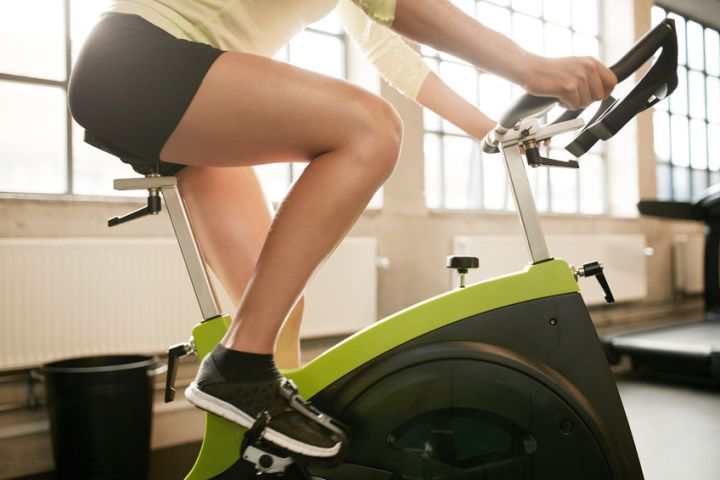
Studies (and opinions) about the relationship between exercise and eating are like flies at a picnic. The relationship between exercise and learning however, has not been fully researched, but that’s changing. Mental health professionals commonly prescribe exercise to depressed patients and the beneficial relationship between exercise and ADHD-like behavior has also been studied.
A Netherlands study published in Current Biology looked at the effect of exercise on learning. The study started with 72 people who spent 40 minutes studying the locations of 90 objects on a screen. They all were tested immediately after the session on their recall of the objects’ locations. Following the initial test, the participants were split into three groups. One group immediately did 35-minute interval training workouts on stationary bikes. The second group watched four hours of nature documentaries and then did the same 35-minute workout. The third group, which served as the control group, watched the same four hours of nature films but did not work out. Two days later, each subject was re-tested on the object locations.
When the test results were analyzed, it turned out the immediate exercisers and the no exercise control group scored roughly the same on the re-test. The delayed exercise group, however, had significantly better overall scores than the other two groups. The implications were that somehow delayed exercise helped with retention. In further investigation, functional magnetic resonance images (MRIs) of the participants while they were taking the re-test showed more activity around the hippocampus, a part of the brain associated with long-term memory, with the delayed exercise group than with the other two groups.
So this study suggests that delayed exercise helps with retention. Further studies are needed to duplicate the results and to explore other factors. But if you’re cramming for a test, take a break, relax for a few hours, and then work out. And then go nail that test.



